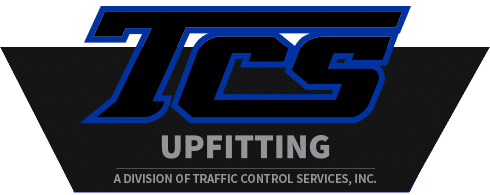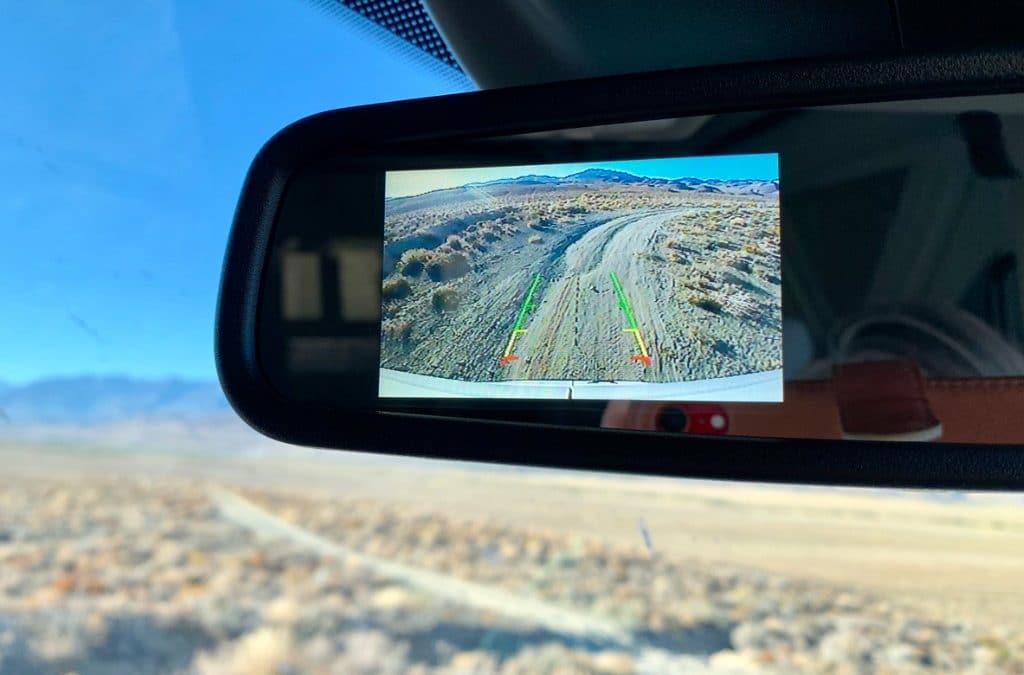Over the years, vehicle camera systems have become a standard feature in many cars, trucks, and SUVs. However, with benefits like increased driver safety and a decrease in insurance fraud, video technology has also made its way into commercial vehicles.
With so many vehicle camera systems available on the market, finding the right one for your fleet of trucks can be challenging. This article will walk you through the various types of commercial vehicle camera systems and what to look for when shopping for your business.
Importance of Commercial Vehicle Camera Systems
With escalating accident rates, greater driver distractions, and increasing legal settlements, safety is a significant issue for the majority of fleet managers and commercial business owners alike. As such, businesses across many industries have turned to commercial vehicle camera systems to help.
From monitoring driver behavior to reducing speeding, collisions, and fraudulent insurance claims, vehicle camera systems have proven to be a new safety standard for commercial transportation.
Different Types of Commercial Vehicle Camera Systems
If you Google the term “commercial vehicle camera system,” you’re likely to encounter a wide variety of products. While many of the options you come across may be exceptional for individuals wishing to install a low-cost camera in their personal vehicle, they aren’t likely to be as suitable for commercial vehicle fleets.
Camera systems designed specifically for vehicle fleets are more robust in terms of functionality and value. Commercial-grade camera systems can also offer a variety of features and benefits that other camera systems cannot.
Let’s take a look at some of the different types of commercial vehicle camera systems below.
- Forward-facing dashboard cameras
- Dual-facing dashboard cameras
- Exterior cameras
- Backup cameras
- Interior cameras
Forward-Facing Dashboard Cameras
Forward-facing dashboard cameras are mounted on the windshield of your commercial vehicle(s) and have one lens that faces the road ahead. These cameras feature a wide-angle camera lens designed to improve driver vision and capture the road ahead with high-quality video footage.
Dual-Facing Dashboard Cameras
In addition to a camera that faces the road ahead, dual-facing dashboard cameras feature a second lens that faces inward to capture in-vehicle activities, including cell phone use and unsatisfactory driver behavior.
On the other hand, you can utilize this video evidence to show that a driver was attentive and driving responsibly in the event of an accident. These types of cameras can be helpful for driver coaching and exonerating drivers from complex situations.
Exterior Cameras
You can install exterior cameras outside your commercial vehicle to provide a 360-degree picture of the vehicle’s surroundings. These cameras offer drivers a live stream of their blind spots, displayed on an in-vehicle monitor system.
Backup Cameras
Backup cameras are rear-facing exterior cameras that record the road behind the driver. When used in conjunction with an in-vehicle display monitor, backup camera systems offer improved driver safety, as they can be beneficial for spotting potential objects or hazards while driving in reverse.
Interior Cameras
Interior cameras verify that drivers are safely seated, while tractor-trailer operators utilize them to decrease cargo theft by continuously monitoring activities in real-time. Interior cameras can be installed in various locations within your commercial vehicle or trailer to keep drivers safe and increase cargo security.
10 Features to Look for in Commercial Vehicle Camera Systems
There are several options available when it comes to picking a commercial vehicle camera system for your fleet. Here are a few of the most crucial features to consider.
- Camera resolution, display screen, and storage capacity
- Upgradability
- Internet connectivity
- Collision warning / automatic harsh event detection
- Streamlined coaching tools
- Low-light / night-vision
- Easy installation
- Mobile app
- GPS logging
- Parking mode
Camera Resolution, Display Screen, and Storage Capacity
All three of these elements must be taken into account when looking for a commercial vehicle camera system. Look for a camera system with a wide-angle lens (to ensure a wide field of vision) and a 1080p full HD display monitor with a high dynamic range (HDR).
Upgradability
Even if you start with a single forward-facing camera system, you might want to consider adding more cameras later.
Internet Connectivity
Most vehicle camera systems use loop recording, which overwrites previous video files to continue recording new ones to ensure they don’t run out of capacity while capturing footage. Consider an internet-connected camera as a more dependable and convenient choice.
Collision Warning / Automatic Harsh Event Detection
Some wireless camera systems come with driver assistance features that might help you avoid accidents before they happen. These can range from radar to monitor lines in the road (which inform drivers of stopped vehicles) to lane-drift prevention technology.
Streamlined Coaching Tools
Software is equally as crucial as hardware when it comes to picking a vehicle camera system. Look for software that can assist you in interpreting your raw footage and data and online tools that collect coachable occurrences to make it easier to coach your drivers.
Low-Light / Night-Vision
Even at night, most camera systems have night-vision technology for excellent, vivid images. Check the camera’s low-light and night-vision capabilities to see if it takes sharp, high-definition footage that can show details even on dark or stormy nights.
Easy Installation
When making a decision, look at how easy it is to mount and wire the camera system. The best camera systems come with an adhesive strip that simply sticks to your vehicle’s windshield and is powered by a connected telematics device.
Mobile App
Look for a vehicle camera system that includes smartphone mobile apps in addition to an online dashboard that you can access from your computer. Apps will allow you to remotely access footage while on the go and communicate directly to drivers while en route to their destination.
GPS Logging
Your business must be able to look back to GPS information to challenge erroneous speeding citations and know your drivers’ exact positions on specific days and hours. Some camera systems will also show vehicle speed in the recording files.
Parking Mode
Accidents and theft can occur while vehicles are left unattended or parked in a depot, which means it’s critical to keep an eye on your vehicles and hold your drivers accountable while they’re on the road. Look for a camera system that includes a parking or surveillance mode that records the shut-off vehicle and its surroundings.
Learn More with TCS Upfitting Today
For businesses that don’t have processes to safeguard themselves against worst-case scenarios proactively, the road can prove to be a costly place for themselves and their drivers.
If you’re looking to invest in commercial vehicle camera systems for your business but aren’t sure where to start, TCS Upfitting is here to help.
At TCS Upfitting, we understand the value of high-quality craftsmanship, especially when protecting our customers. We stand behind the work we do, and our team is highly trained and enthusiastic about our commitment to providing our customers with quality products.
If you would like to learn more about commercial vehicle camera systems for your business, contact TCS Upfitting today to speak with one of our expert team members. We will be happy to answer any questions you might have. We can’t wait to help you with any of your vehicle upfitting needs!


